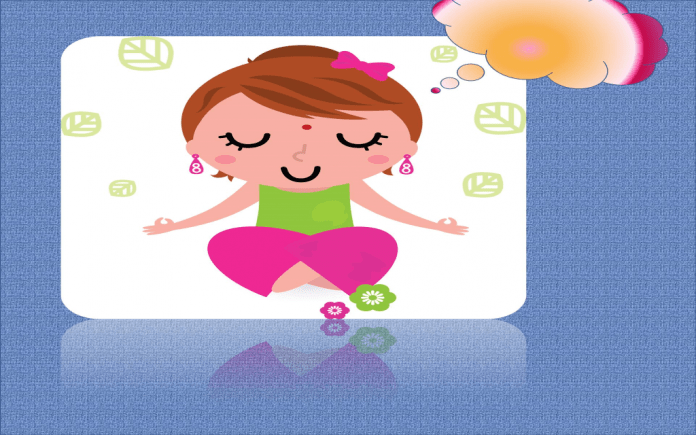While being treated for breast cancer, people report anxiety, depression, fear of recurrence, fatigue, cognitive decline, and other symptoms that significantly affects physical health, psychological health, and quality of life. Several recent studies looked at art, music, and mindfulness based therapies as a way to deal with these symptoms. While encouraging further and larger studies, researchers reported,
While limited in power, the results of meta-analysis indicated a positive effect of mindfulness-based therapy in reducing anxiety, depression, fear of recurrence, and fatigue associated with breast cancer, and improving emotional well-being, physical function, and physical health in these patients. The present data indicate that mindfulness-based therapy is a promising adjunctive therapy for patients with breast cancer.
1Cognitive Training
Another study looked at the up to 75% of cancer survivors who may experience cognitive impairment as a result of cancer treatment. They found a benefit from computer-assisted cognitive training interventions and compensatory strategy training, but the benefit of meditation, and physical activity intervention are unclear from the studies. Sometimes we just have to try things and see if they work for us because many people seem to feel better with meditation and exercise so you would think that would also be true of people with breast cancer but researchers noted,
Cognitive training demonstrated beneficial effects on objectively assessed cognitive function (including processing speed, executive functions, cognitive flexibility, language, delayed- and immediate- memory), subjectively reported cognitive function and mental well-being. Compensatory strategy training demonstrated improvements on objectively assessed delayed-, immediate- and verbal-memory, self-reported cognitive function and spiritual quality of life (QoL). The meta-analyses of two RCTs (95 participants) did not show a beneficial effect from compensatory strategy training on physical well-being immediately or two months post-intervention or on mental well-being two months post-intervention. Evidence for physical activity and meditation interventions on cognitive outcomes is unclear.
2Mindfulness
Clearly all the research does not agree since in another mindfulness study researchers found,
Mindfulness practice significantly improves attention and mindfulness programs significantly reduce symptom distress in patients with cancer, and, more specifically, in women with breast cancer. Recently, a pilot investigation of a music therapy program, built on core attitudes of mindfulness practice, reported significant benefits of enhanced attention and decreased negative mood and fatigue in women with breast cancer.
3Art Creation
Exercising creativity by creating artwork with or without an art therapist is another way to improve emotional well being as well as increase the sense of safety and self-awareness. Researchers reported,
Narrative analysis of interviews [with women with breast cancer who participated in the art program] yielded four storylines: Art and Art Therapy as a Haven; Getting a Clearer View; Clearing the Way Emotionally; and Enhancing and Enlivening the Self. The storylines show existence being affirmed, confirmed and proclaimed through visual artistic expression and meaning making being achieved through physical acts of making.
4Expressive Writing
Do you have a writing or journaling practice? What insights do you gain from writing? Expressive writing is one way to not only improve mood and self awarenss but also has been shown to improve levels of fatigue.
Expressive writing has been shown to improve quality of life, fatigue, and posttraumatic stress among breast cancer patients across cultures. Three themes emerged through analysis: writing as process, writing as therapeutic, and writing as a means to help others. This study augments existing evidence to support the appropriateness of expressive writing as an intervention after a breast cancer diagnosis.
5Positive Psychology
In a study that helped women with breast cancer to develop their psychological strengths and enhancing positive psychology-based styles of coping, researchers assess self-esteem, well-being, and happiness and the experimental group showed higher scores on all of the study variables after the intervention. Researchers concluded,
Participants reported improved self-esteem, emotional intelligence-related abilities, resilience, and optimism, as well as positive affectivity, well-being, and happiness. The results show a beneficial effect of this psychological intervention based on positive psychology on female breast cancer patients’ psychological health.
Do you meditate, have a positive psychology or gratitude practice, or use art and music to enhance your mood and physical well being?




So true #4. Expressive writing (writing expressively) gives me greater mental clarity and more self awareness. Sometimes, during the process of expressive writing, I feel exhausted. But to finish an expressive piece is exhilarating and energizing. Great article.